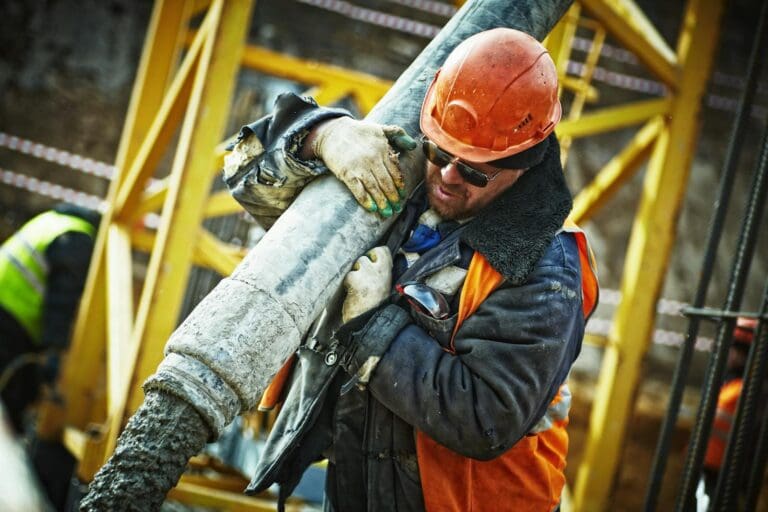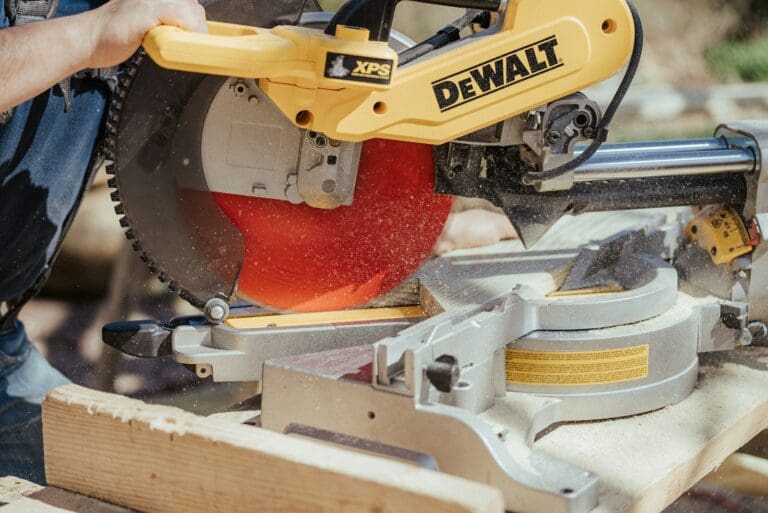As the manufacturing industry continues to evolve, the demand for skilled CNC machine operators is on the rise. Companies are constantly seeking qualified individuals to operate these advanced machines efficiently and effectively. In this article, we will explore the world of CNC machine operator staffing, discussing the key trends, challenges, and opportunities in this dynamic field.
The Role of CNC Machine Operators
CNC (Computer Numerical Control) machine operators play a crucial role in the manufacturing process. They are responsible for setting up, operating, and maintaining CNC machines to produce precision parts and components. These operators must have a strong understanding of machining techniques, blueprints, and quality control standards.
The Growing Demand for CNC Machine Operators
With the increasing adoption of automation and advanced manufacturing technologies, the demand for skilled CNC machine operators is higher than ever. Companies across various industries, including aerospace, automotive, and electronics, rely on CNC machines to streamline production processes and enhance product quality. MGR Workforce is filling the demand for CNC machine operators with our staffing solutions, contact us to learn more.
Challenges in CNC Machine Operator Staffing
Despite the high demand for CNC machine operators, companies often face challenges in finding qualified candidates to fill these roles. The skills required for operating CNC machines are specialized and require training and experience. Additionally, the aging workforce in the manufacturing industry has led to a shortage of skilled workers.
Have a Staffing Need or project in mind? Don’t hesitate, Contact us today!
Strategies for Successful CNC Machine Operator Staffing
To address the challenges in CNC machine operator staffing, companies can implement the following strategies:
- Invest in training programs to upskill existing employees and attract new talent.
- Partner with technical schools and vocational training programs to recruit skilled CNC machine operators.
- Offer competitive salaries and benefits to attract and retain top talent in the field.
- Implement automation and robotics to supplement the work of CNC machine operators and improve efficiency.
The Future of CNC Machine Operator Staffing
Looking ahead, the future of CNC machine operator staffing is likely to be shaped by advancements in technology, such as AI and machine learning. These technologies have the potential to automate routine tasks and enhance the capabilities of CNC machines, reducing the need for manual intervention.
As the manufacturing industry continues to embrace digital transformation, the role of CNC machine operators will evolve to focus more on programming, troubleshooting, and quality assurance. Companies that adapt to these changes and invest in training and development will be well-positioned to meet the demands of the future.

Embracing Innovation in CNC Machine Operator Staffing
In conclusion, CNC machine operator staffing is a critical aspect of modern manufacturing operations. By embracing innovation, investing in training, and adopting new technologies, companies can overcome the challenges in recruiting and retaining skilled CNC machine operators. The future of manufacturing is bright, and skilled operators will play a key role in driving success in this dynamic industry.
FAQs about CNC Machine Operator Staffing
1. What qualifications are required to become a CNC machine operator?
To become a CNC machine operator, individuals typically need a high school diploma or equivalent, along with technical training in machining or CNC operations. Some employers may also require certification or experience in the field.
2. How can companies attract young talent to pursue a career as a CNC machine operator?
Companies can attract young talent by offering apprenticeship programs, partnering with schools and colleges, and highlighting the opportunities for career growth and advancement in the field of CNC machine operation.
3. What are the key skills needed to excel as a CNC machine operator?
Key skills for CNC machine operators include proficiency in reading blueprints, knowledge of machining techniques, attention to detail, problem-solving abilities, and a strong understanding of CNC programming.
4. How is automation impacting the role of CNC machine operators?
Automation is streamlining the manufacturing process and reducing the manual labor required for operating CNC machines. While automation may change the nature of the job, skilled CNC machine operators will still be essential for programming, monitoring, and maintaining the machines.
5. What are the career growth opportunities for CNC machine operators?
CNC machine operators can advance their careers by gaining experience, pursuing additional training and certifications, and specializing in specific types of machining or industries. With the right skills and expertise, CNC machine operators can progress to supervisory or managerial roles within manufacturing companies.















